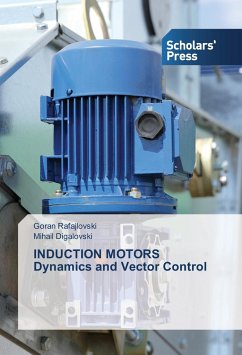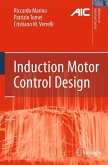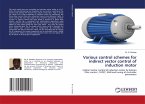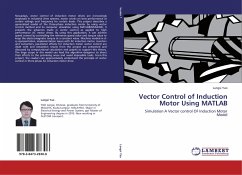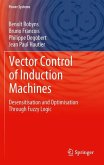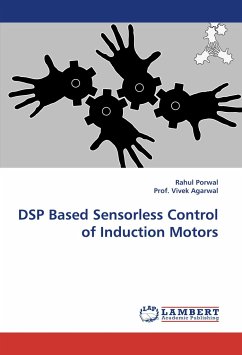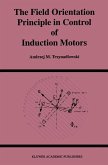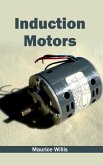Vector control is a method for dynamic control of the speed torque and power factor of the induction motor through permanent control of the intensity and the angle of the space vectors of the electromagnetic variables. The basic idea of the Field Oriented Control (FOC) algorithm is decoupling the stator current into flux and torque producing components. Both components can be controlled separately after decoupling. The structure of the motor controller is then as simple as that for a separately excited DC motor. Direct vector FOC control system is based on measurement, acquisition and (or) estimation of the space angle of the rotor's flux. Unlike the control system which is oriented to the space vector of the rotor's flux, on the dynamic model in a d-q coordinate system of IM and PWM of the voltage inverter, thereby using linear control technique and linear controllers, the direct torque control systems (DTC) are based on the space angle of the stator flux, on the dynamic model of the induction motor in a stationary frame of reference and on the space-vector modulation of the inverter. DTC method is based on non-linear control techniques and non-linear controllers.

